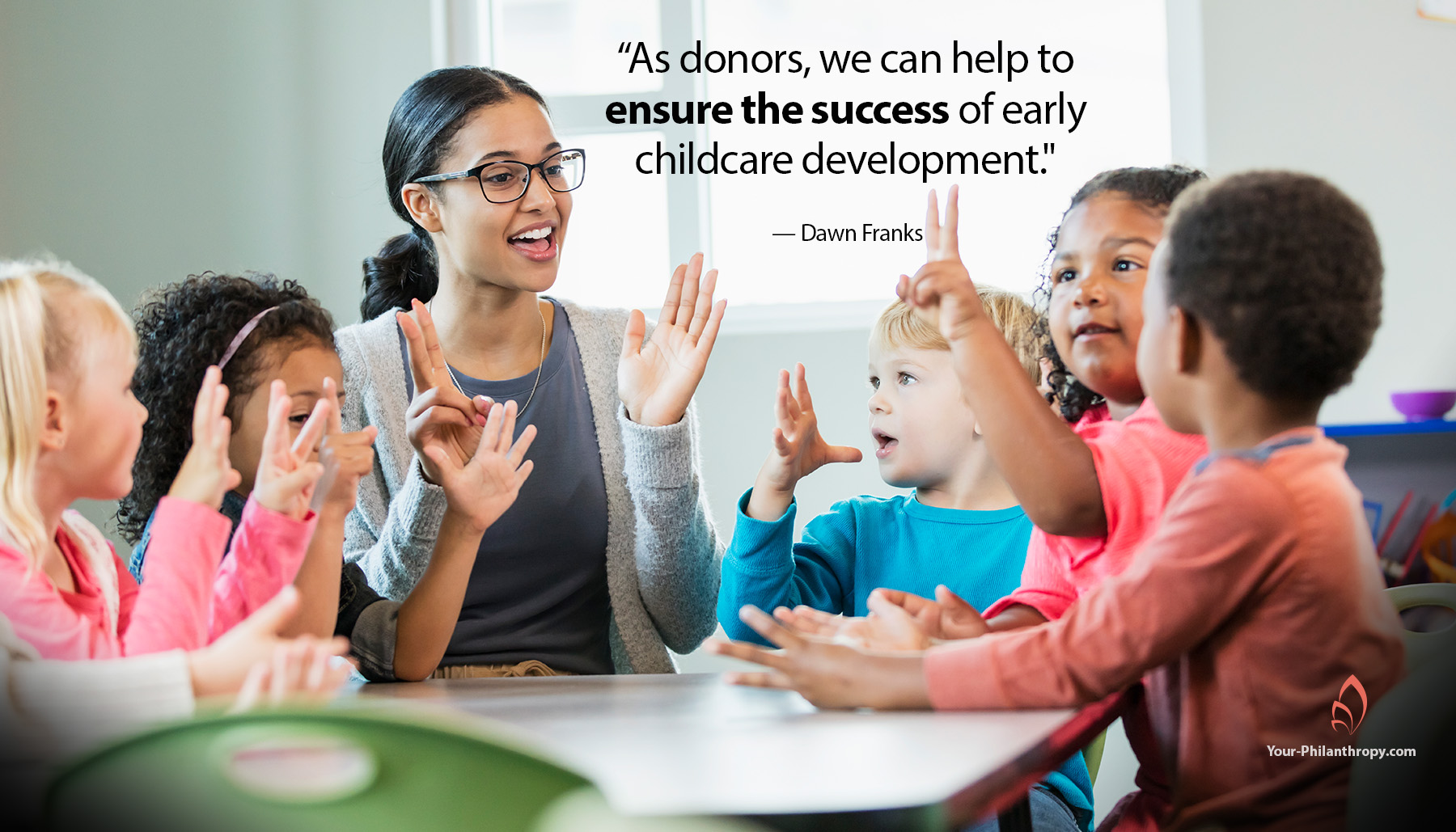There’s a new puppy in my house. Sophie is a precious Corgi when she’s sound asleep. She’s a dynamo wide-awake, racing through the house on an invisible racetrack only she can see. She is fond of bare feet and wrapping herself around my leg on trips across the house.
It’s like living with a toddler. My job is to figure out what’s in her mouth, how long since she’s been outside, and where she is exactly. So, I’ve been reading and watching YouTube videos on all things puppy.
I can’t imagine what it would be like to have two, three or a dozen all at the same time. So, I’m now a constant trainer, or maybe I’m running a puppy daycare.
Since I’m in daycare mode at my house, I’ve started thinking about early childhood education just as many children are about to head back to school.
I even passed a police car at the beginning of a school zone yesterday, reminding me those lights would soon be blinking again as children and teachers return from the summer vacation.
But what about the children who didn’t take a summer vacation? Their teachers work without summer vacations, winter holidays or spring breaks. They are unrecognized, underappreciated and underpaid. They are daycare teachers.
A Dose of Reality About Early Childcare Education
Working for minimum wage, most often with little more than high school education and limited professional training, daycare teachers care for and educate the country’s most important asset – very young children.
Parents put a lot of research into finding the best daycare, early learning center or early childhood prep academy they can afford for their children. They tour centers looking for cleanliness, organized classrooms, and the appearance of patient, nurturing and responsible adults to care for their children.
If you google a list of characteristics for the essential skills for early childhood education, you will also find good communication skills and child development knowledge listed. But how do you measure the latter?
It would be highly unusual to discover that more than a couple of the teachers at your daycare or early education center have an actual early education diploma with two or more years of college. Instead, many working in the classroom are childcare assistants with a high school diploma and only state-required minimum training.
Where to Learn More
If you’re curious and in Texas, you can look up the Texas Health and Human Services Commission, Minimum Standards for Childcare Centers. Whatever state you’re in, you will find similar regulations for childcare centers at the state level.
In Texas, an overly simplified explanation is a couple of days of training on early childhood development, emergency, and safety practices within the first 90 days of employment and then about three days of training annually on various required early childhood development issues. And yes, there are multiple ways to be exempt from the requirements.
Our childcare centers are full of incredible, caring, under-educated workers. They are in charge of our very young children’s critical developmental years for as many as 2,000 hours a year.
How Donors Can Improve the Outcomes for Very Young Children
As donors, we can help ensure the success of early childcare development. Here in Smith County, we are fortunate to have the Smith County Champions for Children that provide professional daycare training. Since 1996 Champions has focused on training and tools for caregivers, teachers, and families to increase every opportunity for success in daycare centers across East Texas.
Additionally, Smith County Champions for Children, provide critical development and support services to families, such as Brain Gym, children’s counseling, and Autism education and support.
Champions for Children excel at what they do and provide. But did you know they are a nonprofit organization that must fundraise and hold special events to serve daycares and families?
Without us, the daycare workers in this corner of Texas would lack professional training that prepares very young children for their next education step – kindergarten and beyond.
While talking about daycares, let’s not forget we have two nonprofit daycare centers, Tyler Day Nursery and North Tyler Developmental Academy, located here in Tyler. Most communities have at least one nonprofit daycare center that depends on donors to serve children from under-resourced families. Both organizations have served this community for many years.
Find a nonprofit daycare in your community by checking with your local United Way. They are a great source of information about local nonprofit organizations.
Look around at the grocery store, your church, or the neighborhood park. You will see children who attend a daycare somewhere in your community. They all deserve excellent care and a good start at early education.
Be the kind of donor that gives to make an impact by valuing our most important asset – the youngest generation.
Like it? Use it. Share it. Comment below.


Dawn,
What an amazing article. You are such a gifted writer. I might be a wee bit biased this time with such great support for Champions.
I am honored to be there and I believe I have you to thank- again! for this opportunity to serve families navigating possible Autism diagnosis.
I hope to visit with you in person someday soon. You always bless me!
Julee
Well-said with so much truth!
Thanks, Dawn and all supporters of early childhood education, for all you do for our youngest community members.
Thanks to Champions for Children for all your services and programs that support daycare teachers, their facilities, and especially the precious children and entire families they serve.